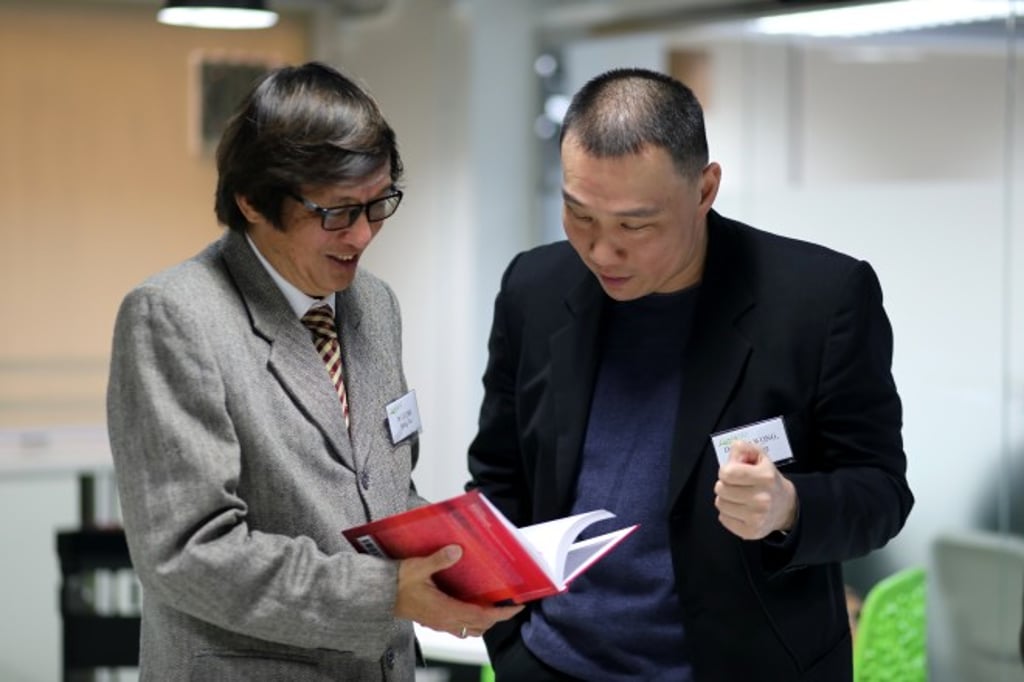Education for Superbrain: Is the technological agenda suffocating education?
- While the prevailing machine culture dehumanizes, Lumina College unfolds human potential with education to face the future.
- Appreciating weakness and embracing paradoxes are some of the alternative values adult learners explore in community.
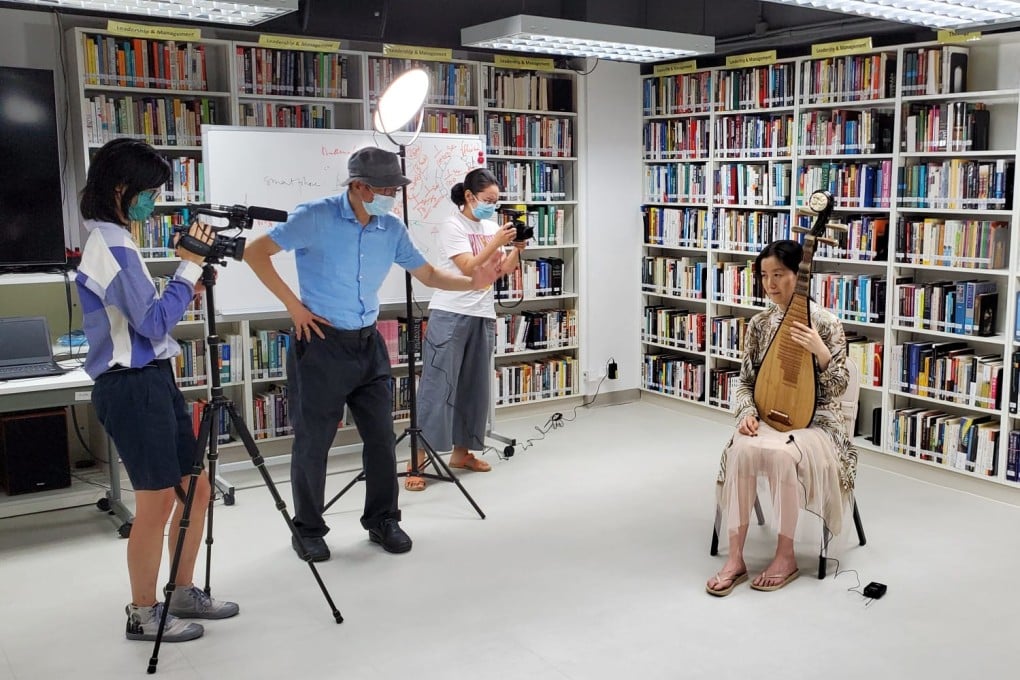
[Sponsored Article]
Our connection to technology is like a love-hate relationship. Technology gave us vaccines, video calls, and much more. Yet despite the good, it can also become a toxic logic of rationality and measurable results that may be at odds with the spirit of education. When we are so focused on efficiency, effectiveness, and functionality, how does that shape people?
The machine culture we live in tries to achieve fixed goals with minimum input. But when it comes to education, the process is more like farming. It is a slow cultivation of human literacy and shaping lives. Education unfolds the potential of the young, searching for national futures, developing culture and civilization. There is no shortcut.
Yet technology’s logic creates an environment of accountability through measurements and hierarchy. It bends for conformity, standardization and linear progression in the name of fairness, but squashes inspiration and creativity along the way. In such a context, is there room for education to be an open system for human interaction with society, valuing relationships and surprises over certainty?
Humanity is undergoing another industrial revolution through AI, genetic engineering, and the internet of things—intensified by the pandemic, globalization, and digitization of finance. The time is ripe for us to pause and reflect on how machine culture impacts education, and to seek alternative paradigms for its future.
Lumina College, founded in 2015, offers adult learners a different kind of education, one that reflects on and reacts to the implications of our individual and collective values. As a Christian academic community rooted in Hong Kong with global partnerships, Lumina explores the ways of the world through the lens of faith. It is only one way, but hopefully one that stimulates many others.
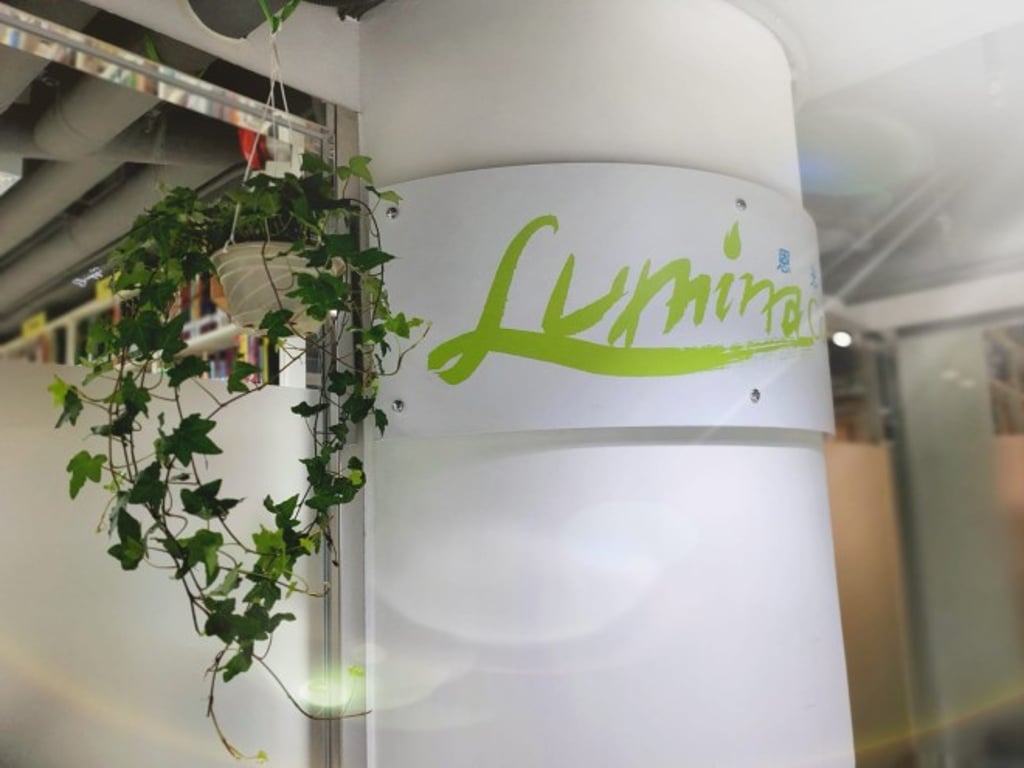
Embracing the idea of gestalt—that the sum is bigger than its parts—Lumina partners with leading faith-based universities in the United States to offer master’s programs such as the Master of Education with Calvin University, M.A. in Digital Storytelling with Asbury University, and M.A. in Intercultural Studies with Wheaton College, as well as a locally developed M.A. in Contemporary Leadership. The programs emphasize both theory and practice, personal formation and skillset.
In addition, the College hosts an annual faculty development series in conjunction with the University of Hong Kong, seminars on contemporary issues, and corporate education programs on themes such as “Character Values: Worldview for Future Leaders.” Recent seminars include “Easier Said Than Done: Space and Mission of Hong Kong Educators” and “Stationary Transitioner: Change of Elites in Hong Kong.”
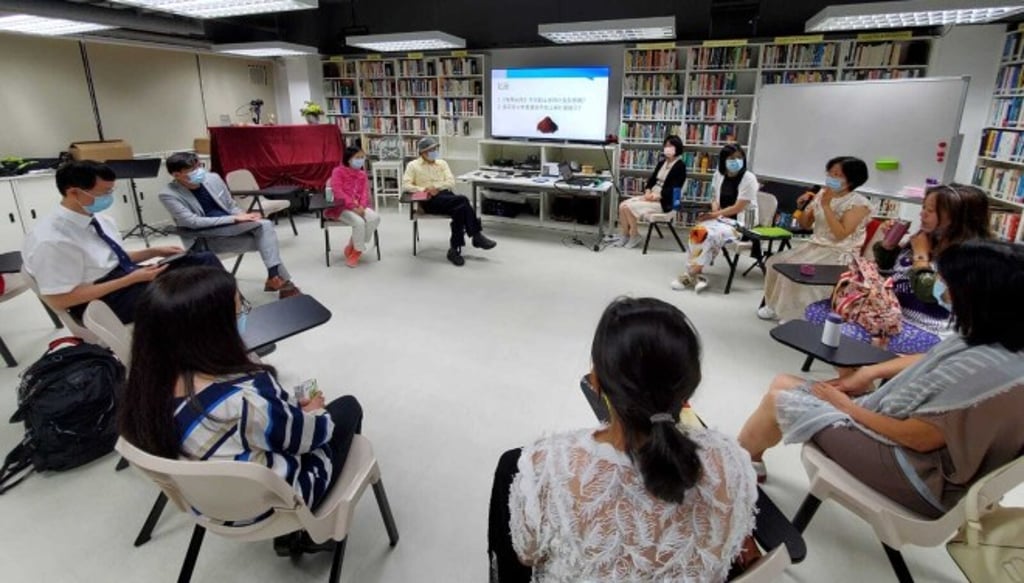
Students and faculty share stories of lives changed through this unique approach of integrating learning with Christian faith perspectives.
1. Appreciating weakness
Though our culture may push certain kinds of logic, students have found value in examining dominant narratives and discovering ways to be counter cultural.
Han Zhao, who worked as an investigative journalist for top media companies in Beijing and Hong Kong for many years, found an appreciation for weakness through her studies in the Master of Arts in Digital Storytelling program.
“Every story starts with the weaknesses of the character. No one is perfect, and it is the weakness that drives the character to know their true needs and achieve their personal revelation and growth.”
2. Witnessing with paradoxical faith
Henry Fong dove into his studies in the Master of Arts in Contemporary Leadership program with many questions that arose from his various roles as a youth worker, teacher, young father, and missionary-to-be. He has discovered, in contrast to the algorithmic control of technology, how to embrace diversity, paradox, and storytelling.
“A holistic mission allows us to find a way forward among many paradoxes… to be both individual and social, present and future, local and cosmic, physical and spiritual.”
3. Shaping creative teachers
Dr. Max Hui-Bon-Hoa teaches in the Master of Education program. Alternative to transhuman technology’s ways of pretending to know what is best for humankind, he equips his students to defend and deepen human dignity, identity, and collective memory through truth-seeking.
“When we integrate truth into our lives, we become people who are more courageous, compassionate, and tolerant.”
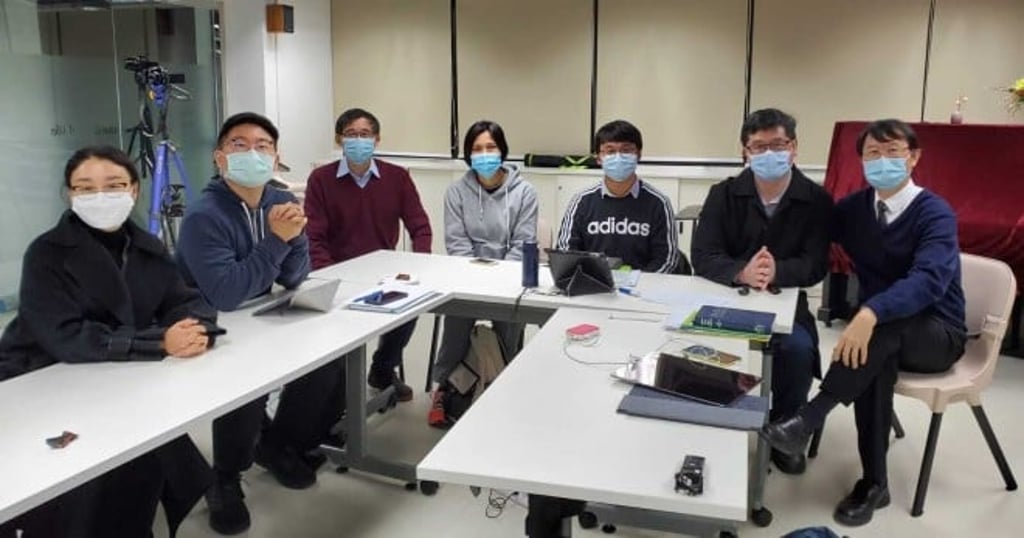
If you want to discover worldviews and values, serve our neighbors, and create positive change in culture, let us be your community. Visit Lumina.edu.hk to join us in postgraduate programs, staff development, and social education. We would love to journey together with you.
